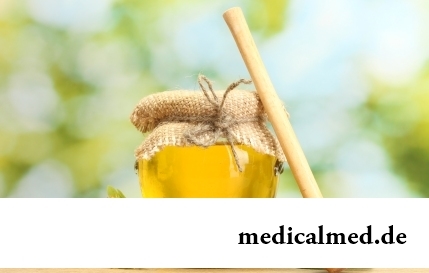





Stones in kidneys
The urolithiasis is an official medical name of a disease at which stones in kidneys and in other bodies of an urinary system are formed.
Age groups subject to risk of a disease
Practically all groups of the population are subject to development of an urolithiasis. The disease can occur even at newborn children. But the person is more senior, the risk of formation of stones in kidneys is more.
Types of stones in kidneys
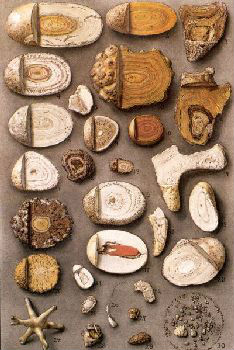 The type of concrements (stones) depends generally on age of the person. People of old age usually suffer from the stones consisting of salts of uric acid. Less often concrements of other type meet. They can be formed not only directly in kidneys, but also in a bladder and an ureter. Their size can be various: from several millimeters (small are called "sand") to several centimeters.
The type of concrements (stones) depends generally on age of the person. People of old age usually suffer from the stones consisting of salts of uric acid. Less often concrements of other type meet. They can be formed not only directly in kidneys, but also in a bladder and an ureter. Their size can be various: from several millimeters (small are called "sand") to several centimeters.
Stones in kidneys: education reasons
One of the main reasons of development of an urolithiasis, disturbance of exchange processes in an organism is. Stones in kidneys appear at change of water-salt and chemical composition of blood. Also their education is influenced by a number of the additional reasons:
- Heredity;
- Chronic gastrointestinal diseases and urinogenital system: gastritis, colitis, pyelonephritis, prostatitis, cystitis, etc.;
- Existence of injuries and various diseases of bones;
- The infectious diseases leading to disturbance of water-salt balance;
- Disturbance of work of epithelial bodies;
- Vitamin D hypervitaminosis;
- Use in a food allowance of too salty, acid and acute products increasing acidity of urine, and also hard water with the maintenance of high level of salts;
- Surplus of ultraviolet rays.
Stones in kidneys: symptoms
Very seldom the urolithiasis proceeds absolutely asymptomatically and stones in kidneys are found absolutely accidentally, when carrying out inspection of the patient concerning any other disease.
The symptom of stones in kidneys is the most widespread emergence of pain in lumbar area from one or two parties. It can amplify during exercise stresses or at change of position of a body. The stone which got to an ureter causes sharp pain in the lower part of a stomach and in a groin – renal colic. In kidneys treat other symptoms of stones:
- Urine discolorations;
- The renal gripes which are periodically renewing and calming down. Stop after a stone exit;
- The increased arterial pressure;
- Hypostases.
Stones in kidneys: treatment
Therapy of an urolithiasis includes operational and conservative methods of treatment today. Main objectives of treatment of stones in kidneys are:
- Removing calculus;
- Prevention of repeated formation of concrements;
- Elimination of an infection.
At conservative treatment of stones in kidneys the medicines directed to dissolution of concrements, normalization of a metabolism, stopping of inflammatory processes in an urinary system are used. Also sick the dietotherapy is recommended. If the size of stones has the small size, then this way is quite effective. Treatment of an urolithiasis is carried out under direct observation of the urologist.
In kidneys resort to surgical treatment of stones in the presence of concrements of the big size or having the irregular korallovidny shape. Now there is an excellent alternative to open surgical intervention – crushing of stones in kidneys by means of a remote shock and wave lithotripsy. This method of treatment of an urolithiasis is based on use of the focused shock electrohydraulic acoustic waves. Under their influence there is a crushing of stones in kidneys, an ureter and a bladder. Actually urinary stones turn into small sand which without any difficulties is removed in the natural way outside.
Stones in kidneys: folk remedies of a solution
 There are many nonconventional ways of treatment of an urolithiasis including reception of various broths of the plants promoting crushing of stones in kidneys and to their painless removal. But before resorting to treatment of stones in kidneys folk remedies, it is necessary to consult to the attending physician surely. It is connected with the fact that urinary stones can have the different chemical nature (oxalates, urates, proteinaceous, etc.) and therefore various means are necessary for their dissolution. Incorrectly picked up phytotherapy not only will not lead to crushing of a stone in kidneys, but also, on the contrary, can provoke its further growth or development of an attack of renal colic.
There are many nonconventional ways of treatment of an urolithiasis including reception of various broths of the plants promoting crushing of stones in kidneys and to their painless removal. But before resorting to treatment of stones in kidneys folk remedies, it is necessary to consult to the attending physician surely. It is connected with the fact that urinary stones can have the different chemical nature (oxalates, urates, proteinaceous, etc.) and therefore various means are necessary for their dissolution. Incorrectly picked up phytotherapy not only will not lead to crushing of a stone in kidneys, but also, on the contrary, can provoke its further growth or development of an attack of renal colic.
Diet for prevention and treatment of an urolithiasis
The diet at an urolithiasis has to be formed taking into account acid-base reaction of urine, chemical composition of concrements and features of disbolism. Its basic principles are:
- The plentiful use of liquid that allows to bring out of uric ways salt rainfall and small stones, so-called sand;
- The use of the food stuffs supporting necessary рН urine for the best dissolution of already available concrements and prevention of formation of new;
- Restriction in a food allowance of the products promoting formation of stones in kidneys.
The dietotherapy at an urolithiasis shall be under construction taking into account associated diseases. So, for example, in the presence at the patient of a circulatory unefficiency use of the large amount of liquid recommended for treatment of an urolithiasis is excluded. At a combination of stones in kidneys and obesity the diet has to be low-calorie.
At uratny stones it is necessary to exclude the products rich with purine bases from a diet (bean, mushrooms, a peanut, a cauliflower, a garden radish, a fig, a sorrel, spinach, chocolate, a meat offal).
At oxalic stones it is necessary to limit the use of the products rich with oxalic acid (beet, potatoes, onions, carrots, blackcurrant, a citrus, bilberry). At the same time, it is necessary to use as much as possible the products connecting and bringing oxalic acid out of an organism. Treat them: plums, pears, apples, light grapes, cornel.
At phosphatic stones in kidneys the diet with sharp restriction practically of all fruit, vegetables and dairy products is recommended. Include eggs, meat, fish, beans, grain and some types of fruit, berries and vegetables (cowberry, acid apples, a cranberry, green peas, pumpkin) in the menu. Such diet is not physiological. Therefore it is necessary to adhere to it only short time, for example during an exacerbation of a disease.
Additional recommendations
You should not forget about exercise stresses. During physical exercises calcium from blood passes into bones. It reduces risk of education in kidneys of stones.
It is necessary to watch not only quality of the used water, but also to use it in enough: at least 1,5-2 liters a day. At the expense of plentiful drink of water urine becomes less concentrated, as prevents loss of a deposit of salts.
More than 500 million dollars a year are spent for allergy medicine only in the USA. All of you still believe that the way to finally win against an allergy will be found?

Partial and the more so full loss of hearing significantly reduces quality of life. Difficulties with communication lead to loneliness and замкн...
Section: Articles about health
Life of the modern child is extremely active and difficult. Information strain which is experienced by the school student and did not dream pupils of last times. Careful parents, wishing well to the children, will organize a set of additional classes in circles, sports...
Section: Articles about health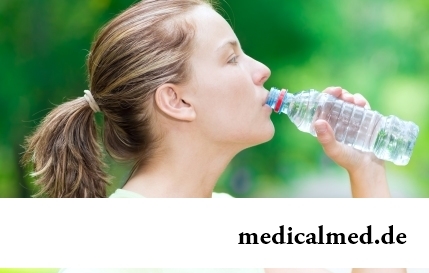
(Xerostomia) many people consider feeling of a xerostomia small and easily removable inconvenience. This delusion: the symptom can demonstrate existence of serious diseases. It is worth to remember also that saliva performs important functions in an organism: clears the surface of teeth of a food plaque, growth of pathogenic microorganisms oppresses, normalizes acid-base balance, liquefies food and helps to split the carbohydrates which are contained in it. Chronic deficit слюн...
Section: Articles about health
Life of the modern woman is very difficult. Opportunities to realize itself are wide: it not only education and career, but also most differently...
Section: Articles about health
Since the moment when the child becomes a school student, his sight begins to be exposed to the strengthened loadings which are supplemented with viewing of animated films and long computer games. During this period of life of the child development not completely created bodies to a zra...
Section: Articles about health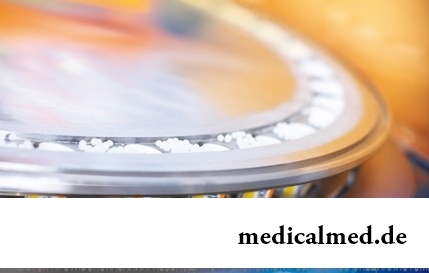
For the help to doctors in the choice of optimal solutions for treatment of various diseases the Cochrane scientific organization (Cochrane) conducts joint researches with representatives of scientific community around the world. The analysis of a series of the conducted researches of the drug Oscillococcinum® relating to group of cold remedies became one of the last methanolyses....
Section: Articles about health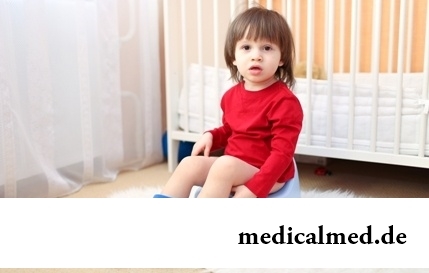
All parents are ready to what the baby often and pisat much. Since then, as the absorbing diapers strongly became current...
Section: Articles about health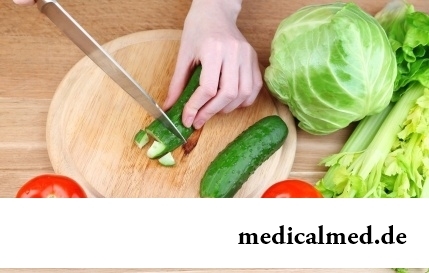
Very often as a source of the infection which caused a disease serves our house - the place which a priori has to be safe. However disease-producing bacteria can perfectly feel not only in insanitary conditions, but also in our apartment if not осущ...
Section: Articles about health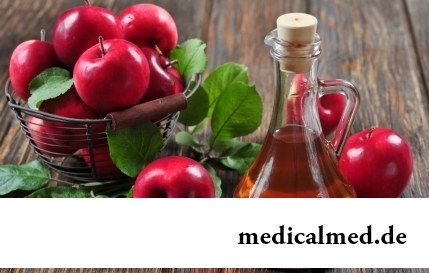
Not everyone can brag of the shining Hollywood smile. Even the person who is regularly visiting the stomatologist and watching of oral cavities over health periodically has problems: enamel of teeth darkens under the influence of some products, on it the deposits giving to teeth a grayish or yellowish shade collect....
Section: Articles about health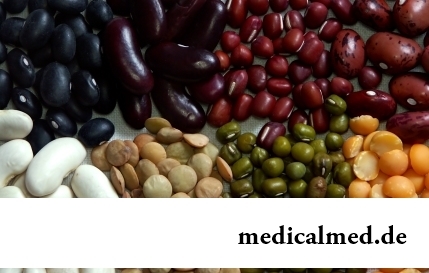
Ability of an organism to resist to adverse environmental factors (to impact of temperature drops, humidity and pressure...
Section: Articles about health
About 10-15 years ago existence of the computer in the apartment of the Russian was considered as a rarity and office rooms were only at the first stage of equipment by these useful devices. Today practically in each house there is a computer (and often not one), and to constants...
Section: Articles about health
Antibiotics - - it is possible to call the chemical compounds suppressing growth of bacteria the break in the field of medicine which allowed to save mankind from many diseases incurable earlier: tuberculosis, plague, syphilis and many others. The contribution of drugs to rescue of people from epidemics of dangerous infections is huge, however at careless use antibiotics are capable to cause to an organism serious damage. Negative action can be shown in the form of easing of immunity, disturbance of balance of microflora in кишеч...
Section: Articles about health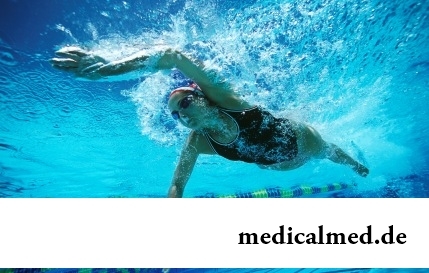
The state of health of the person depends on many factors. One of the most important is the constant but which is not exhausting, motive...
Section: Articles about health
The immunity role in growth of the child is invaluable. The proteins-immunoglobulins produced by immune system preserve the child against the diseases capable − owing to an organism weak still − to serve as a stressful factor, to become the reason of many complications and delays in unless...
Section: Articles about health
The next flu epidemic leads to the next panic, from year to year we give in on these manipulations: professionally alarming voice of the announcer in news, reports with calculation of the died patients, an interview with people in white dressing gowns and advertizing of anti-influenza means of different degree of inefficiency. All this reminds the Hollywood movies of epidemics threatening to destroy our planet. However, there is also one more similarity to cinema: everything comes to an end well. So, how to deal with the events, not in...
Section: Articles about health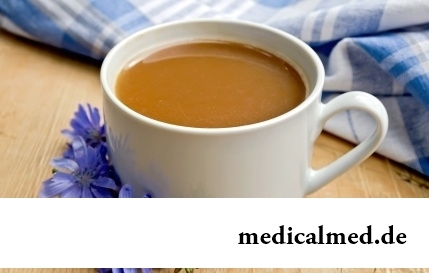
Coffee - the tonic loved by many for the invigorating aroma and deep taste. Having the stimulating effect, coffee raises ра...
Section: Articles about health
According to World Health Organization, every third inhabitant of Earth has excess weight, and every tenth has obesity. The reason of this phenomenon, according to specialists, roots in one not very comforting fact: most of people consume much...
Section: Articles about health
The advantage of swimming for the person is so high that this sport is not only the most popular, but also is widely applied in medicine and rehabilitation processes. If you look for for yourself the occupation allowing pleasantly and to spend time, then swimming with advantage – the fact that it is necessary for you. And give learns several facts about swimming....
Section: Slideshow
Healthy lifestyle today in fashion, and many parents think of that the child from the early childhood played sports. To a Torah...
Section: Articles about health
What will only not be thought up by persons interested to have a beautiful figure. Here the last innovation – for weight loss needs to be eaten greasy food. Let's understand whether there is at a fatty diet common sense....
Section: Slideshow
Popular joke that there are no healthy people, and is nedoobsledovanny, most of us considers an honest truth, continually it is necessary to hear that all of us are sick hardly from a school bench. It is hard to say whether so it actually because too often people are treated for nonexistent diseases, and sometimes call a disease what is something another. Sometimes in it the doctors of old school making diagnoses which are cancelled long ago – medicine still unless are guilty...
Section: Articles about health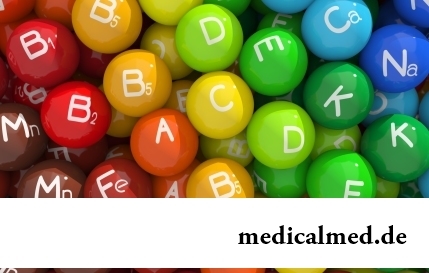
Vitamin complexes belong to the most popular drugs, probably, in our country there is no person who was not hearing about a floor...
Section: Articles about health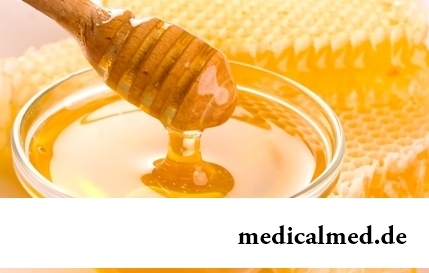
About 20% of the population of our planet have a hypertension (permanent increase in arterial pressure). This disease has an adverse effect on the standard of living, reduces working capacity, and in the absence of systematic treatment threatens with such complications as a heart attack...
Section: Articles about health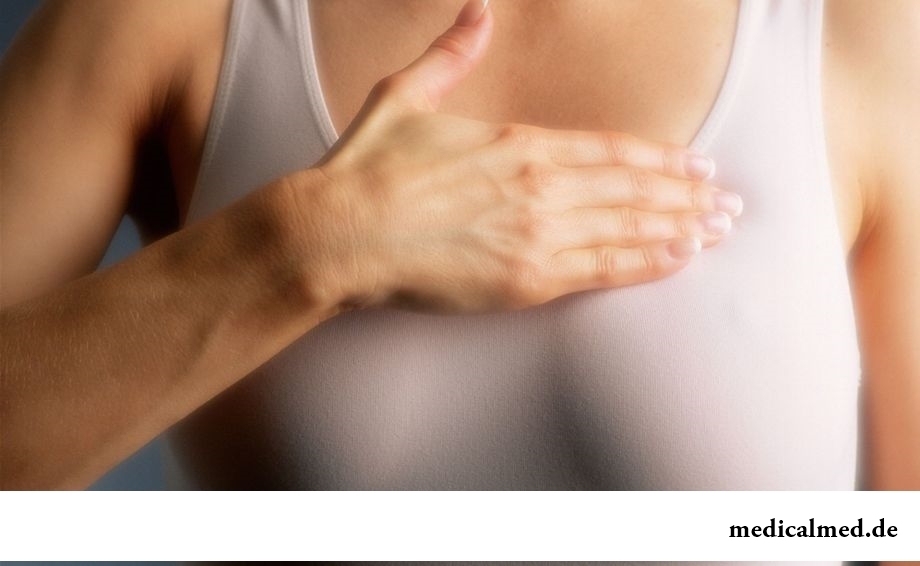
80% of women at least once to lives complained of discomfortable feelings to breasts, consolidations and nagrubaniye. These are mastopathy symptoms. The mastopathy is characterized by change of a ratio between ferruterous and connective tissue tissues of mammary glands. It can lead to formation of cysts (a cystous mastopathy), gland consolidation (a fibrous mastopathy), or a combination of these processes (a fibrous and cystous mastopathy)....
Section: Articles about health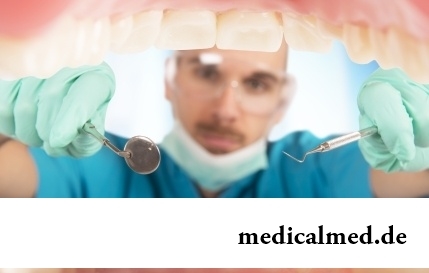
White teeth and the Hollywood smile – a dream of many people. Long time was considered that a plaque on teeth and change of their color – destiny of those...
Section: Articles about health
Bulimia and anorexia, are heavy deviations of a feeding behavior, become a cause of death of patients much more often than all other nervous breakdowns combined. In 60% of cases two illnesses accompany each other: patients feel horror before danger on...
Section: Articles about health
Memory is an ability of the central nervous system to fix, keep and as necessary to reproduce information on knowledge or skills received by the person or an animal during life. The mechanism of this process is up to the end not studied....
Section: Articles about health
